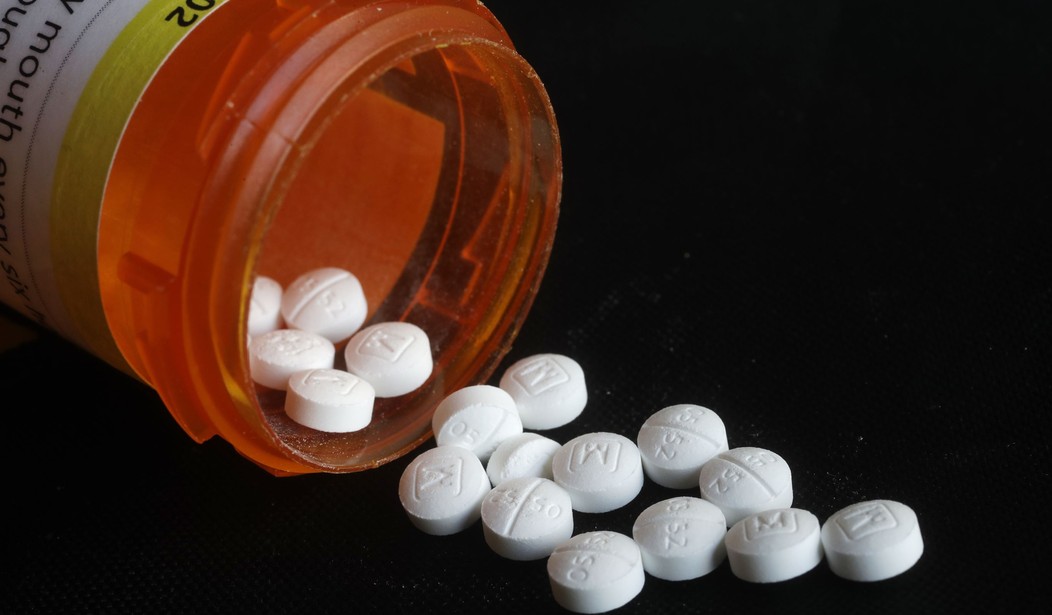Americans across the political spectrum are increasingly -- and rightly -- frustrated that prescription drugs cost more here than in other developed nations.
The reason for the price disparity is no mystery. Foreign countries almost uniformly impose price controls on medicines. This directly reduces American companies' revenues — and thus their ability to invest in future treatments — and indirectly raises costs for American patients and taxpayers, who are forced to fund the majority of the global R&D burden.
It's a significant problem. However, one commonly proposed solution — linking Medicare payments to the lower prices paid by other advanced countries — won't actually end the freeloading. Instead, it'd limit Americans' access to innovative medicines and discourage future medical research.
Such proposals typically take one of two related forms. Proponents sometimes suggest tying Medicare drug payment rates to the average price paid by a select group of other developed nations — an approach known as an "international pricing index," or alternatively, "reference pricing."
At other times, they suggest forbidding drug companies from charging Medicare more than the lowest price charged in countries like Japan, France, and Canada — commonly known as a "Most Favored Nation" approach.
In theory, either of these approaches would compel drug manufacturers to raise their prices in other countries, rather than lowering them significantly in the United States—the world's largest pharmaceutical market. This would, in turn, allegedly cause other countries to contribute their fair share towards the global R&D burden.
It'd be lovely if that's how things played out. However, unfortunately, that is not what would happen.
Recommended
Those countries already refuse to cover many medicines, opting to let their citizens suffer and die without the latest treatments rather than pay the market prices offered in the United States. A recent RAND study found that, by the end of 2022, Americans had access to 74% of all new medicines launched worldwide between 2018 and 2022. Japanese, French, and Canadian patients could only access 43%, 34%, and 28% of those medicines, respectively.
And for the medicines they do cover, some countries obtain their much lower prices through the use of gangster tactics. If American companies don't agree to offer steep discounts, those other countries not-so-subtly imply that they'll break patents and allow local producers to manufacture copycat drugs. To avoid losing entire markets or seeing their intellectual property violated, companies often surrender to this economic extortion.
Any individual American company, even a giant pharmaceutical company with a multinational presence, has no hope of resisting the pressure of a nation-state. It's not a remotely fair negotiation.
Simply put, such proposals would lower U.S. prices, rather than compelling other nations to increase theirs. The effect on the research pipeline -- and thus the future health of the tens of millions of Americans who will be diagnosed with cancer, Alzheimer's, and other chronic diseases in the years ahead -- would be cataclysmic. And that's to say nothing of the economic impact on our world-leading biotech industry, which supports nearly 5 million jobs nationwide.
It is critically important for the Trump administration to combat this freeloading. However, given the complexities of international pharmaceutical markets and the inherent power imbalance between individual biotech companies and nation-states, only a robust government-to-government trade strategy will effectively address the problem.
President Trump could appoint a special negotiator within the Office of the U.S. Trade Representative tasked specifically with securing more balanced pharmaceutical pricing agreements from allies.
This special trade negotiator could target other nations' exploitation of U.S. intellectual property -- and deter such abusive practices by threatening tariffs on prominent exports, such as French wines or German and Japanese automobiles.
America's economy remains the largest in the world, and by taking a firm stand in trade negotiations — something President Trump is certainly willing to do — most countries would ultimately bend to its will.
It's unacceptable that our supposed allies continue to freeload, leaving American patients to subsidize their socialized healthcare systems. However, implementing the same price controls here that have already undermined innovation abroad is not the answer.
The solution lies in the administration itself making other countries pay fairer prices -- not trusting our companies to the tender mercies of foreign governments, and then punishing them when they inevitably fail to outmaneuver nation states.
Dr. Wolfgang Klietmann is a former clinical pathologist and medical microbiologist at Harvard Medical School.

























Join the conversation as a VIP Member